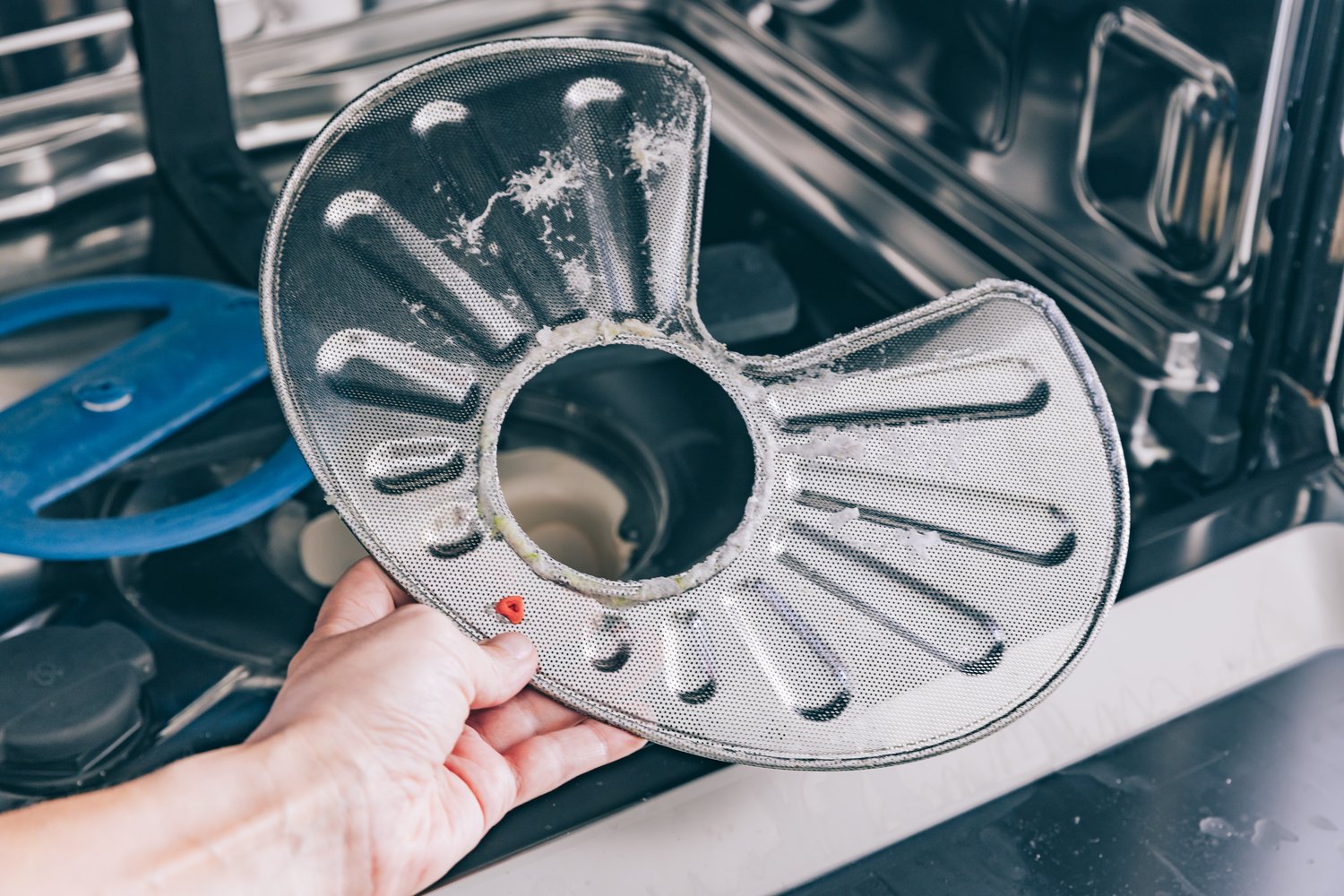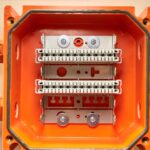When your dishwasher refuses to drain, it can quickly turn your kitchen into a source of frustration and stress. Beyond the immediate inconvenience, understanding why this happens and how to fix it can save you from costly repairs or replacements. With a few practical insights and hands-on solutions, you can tackle this common household issue efficiently.
- Uncover typical problems like clogged filters or a faulty drain hose as root causes of drainage issues.
- Learn hands-on techniques to inspect and clear blockages hindering your dishwasher’s performance.
- Navigate through advanced problems that may require professional expertise when basic fixes aren’t enough.
By the end of this guide, you’ll be equipped with the knowledge to effectively address and prevent dishwasher drainage problems, maintaining its efficiency and prolonging its lifespan. Dive into the practical solutions provided to ensure your kitchen runs smoothly without interruption.
Common Causes and Simple Fixes for Dishwasher Not Draining Solutions
If you’re facing the frustrating issue of a dishwasher not draining, there are some common causes that you should investigate. One of the primary reasons could be clogged filters. Over time, bits of food can accumulate in your dishwasher’s filter, leading to inefficient drainage. Simply remove the filter, rinse it under running water, and use a soft brush to scrub away any debris.
Another frequent culprit is a faulty drain hose. Inspect the hose for any kinks or blockages that might be restricting the flow of water out of the appliance. Straighten the hose if necessary, and check for any visible obstructions. You might also want to detach the hose and flush it with water to ensure it is clear.
Additionally, the drain pump could be a factor. If the motor isn’t functioning correctly, it might need to be repaired or replaced. Listen for any unusual noises coming from the pump, which might indicate a problem. You can try to clean the pump impeller if you’re confident in your DIY skills; otherwise, consult a professional.
Finally, a clogged garbage disposal can also be a reason why the dishwasher doesn’t drain effectively. Make sure the knockout plug in the garbage disposal has been removed, especially if it was recently installed. Ensuring these components are functioning optimally can often resolve the issue of a dishwasher not draining.
How to Check for Blockages in Your Dishwasher
Checking for blockages in your dishwasher is an important step in resolving drainage issues. Begin by turning off the power supply to prevent any accidents. Once you have ensured it’s safe to proceed, open the dishwasher door and remove the lower rack to gain better access.
Examine the drain filter located at the bottom of the dishwasher. Remove it carefully, typically by twisting or unlocking it, to inspect for any leftover food particles or debris. Rinse it thoroughly if necessary.
Next, inspect the area around the drain pump. Clear out any blockage and use a flashlight if needed to see more clearly. Feel free to use a wire or long tool to gently reach any stubborn blockages that are visible.
Additionally, the spray arms can become clogged with food particles. Detach them if possible and clean them under running water. Pay special attention to the spray arm holes, as they might require a toothpick or similar tool to dislodge trapped debris.
If all appears clear inside the dishwasher, move on to inspecting the drain hose. Carefully examine it for any twists, kinks, or visible blockages. Detach it from the dishwasher and run water through it to ensure it’s free from any obstructions.
By systematically checking each of these components, you increase your chances of finding and resolving the blockage that’s preventing your dishwasher from draining effectively.
Advanced Dishwasher Not Draining Solutions and Professional Help
If your dishwasher is still not draining properly after trying the basic fixes, it might be time to delve into more advanced solutions. There are several complex issues that could be causing the problem, and they often require a more detailed understanding of your appliance’s internal workings.
First, let’s consider the drain solenoid. This component controls the flow of water out of the dishwasher. If the solenoid is not functioning correctly, it may prevent the water from draining properly. Inspect the solenoid for any signs of damage or wear, and replace it if necessary.
Another potential issue could be with the drain pump. The pump is responsible for pushing the water out of the dishwasher. If it is clogged or failing, you might hear unusual sounds or experience sluggish draining. Check for any obstructions or damage to the pump, and consider replacing it if the symptoms persist.
In some instances, the dishwasher’s timer and motor assembly may be the culprit. These components work together to control the cycle duration and water drainage process. A malfunctioning timer can disrupt the normal draining process, prolonging the cycle and leaving water in the bottom of the appliance.
Given the technical nature of these issues, you may need to contact a professional appliance repair service. Seek help from a trained technician if:
- You are unable to identify the problem with certainty after exploring common and advanced causes.
- Replacing components like the solenoid or pump doesn’t resolve the draining issue.
- You notice leaks, electrical problems, or other complex symptoms that indicate a more severe problem.
Remember, while DIY troubleshooting can resolve many simple issues with a dishwasher not draining, advanced problems often necessitate professional expertise. Addressing these challenges promptly can help prevent further damage and ensure your dishwasher remains a reliable part of your kitchen.
Frequently Asked Questions: Dishwasher Not Draining Solutions
What are common reasons a dishwasher doesn’t drain?
Common reasons include clogged filters, a faulty drain hose, or blocked air gaps.
How can I check for a clogged filter in my dishwasher?
Remove the bottom rack, locate the filter near the base, and clean it under running water.
How do I inspect the drain hose?
Disconnect the drain hose from both ends and check for kinks or blocks, then clean thoroughly.
When should I contact a professional for dishwasher drainage issues?
If problems persist after performing the basic checks, it’s time to contact a professional.
Can a garbage disposal cause dishwasher draining issues?
Yes, if installed on the same line, make sure the disposal isn’t clogged.





